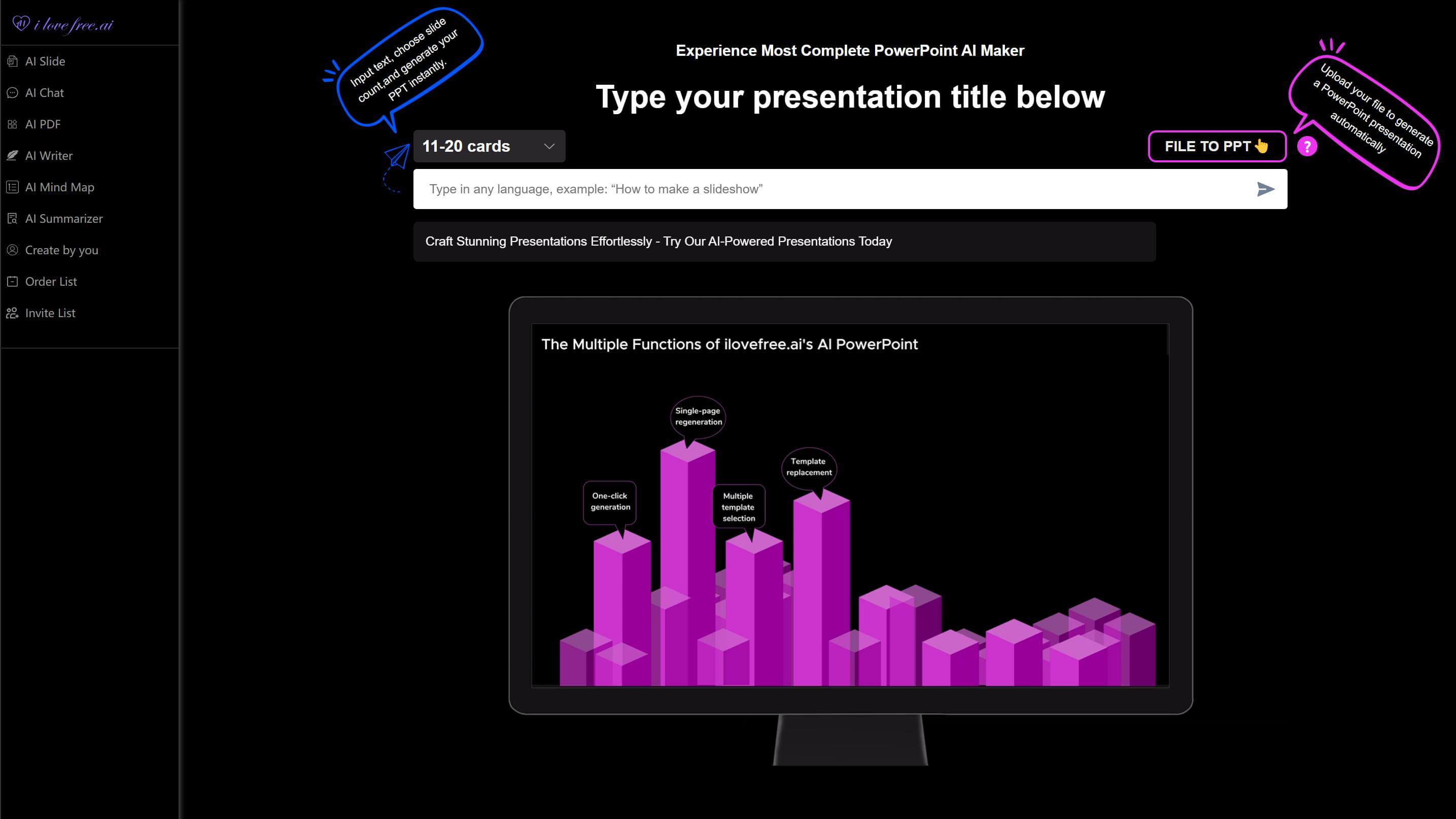
Emotional intelligence (EQ), often referred to as emotional quotient, encompasses our ability to recognize, understand, manage, and influence our own emotions and those of others. It plays a vital role in personal growth, professional success, and building meaningful relationships.
Individuals with high EQ communicate effectively, navigate social complexities with grace, and foster trust in both personal and professional settings. They excel in self-awareness, empathy, and conflict resolution, making them natural leaders who inspire teams and drive collaboration.
If you’re looking to enhance your emotional intelligence, here are 10 actionable strategies to guide your journey:
1. Cultivate Self-Awareness
Start by understanding yourself.
Before addressing others’ emotions, learn to identify and regulate your own.
Therefore, you need to spend some time observing your own feelings, paying attention to your words and deeds. Learn to view yourself objectively and predict your emotions. Acknowledge the existence of emotions and learn to control them (remain calm even when your emotions are fluctuating greatly and avoid making impulsive decisions based on emotions).
For example, when anger arises, take deep breaths or step away briefly to regain clarity before speaking. Journaling daily reflections can help track emotional patterns and triggers.
2. Practice Empathetic Perspective-Taking
Step into others’ shoes.
When conflicts or misunderstandings occur, ask yourself: “If I were in their position, how would I feel? What might they need in this moment?” Tailor your responses based on their personality and circumstances.
3. Master Active Listening
Listen to understand, not just to reply.
Give others your full attention: maintain eye contact, nod occasionally, and avoid interrupting. Use phrases like “I hear you” or “That makes sense” to validate their feelings. Silence your inner monologue—focus on their words, tone, and body language. Remember, By showing your respect and attention to the other person, they will be more willing to open up and share.
4. Offer Genuine Positive Feedback
Celebrate others’ strengths.
When you notice the strengths or achievements of others, don't hesitate to give generous praise and encouragement. Sometimes, the other person may not necessarily expect you to offer suggestions but rather to provide emotional value.
Having high emotional intelligence doesn't mean that you should blindly accommodate others. It is also very important to learn how to politely decline unreasonable requests or invitations.
5. Communicate Clearly and Tactfully
Balance honesty with kindness.
Learn how to accurately convey your meaning without causing misunderstandings. Sometimes, your intention may be to consider the other person's feelings, but the words you say may carry a negative connotation. Also, pay attention not to always think from your own perspective and ignore the feelings and needs of others.
6. Embrace Open-Mindedness
Welcome diverse perspectives.
Emotions can cloud our judgment when faced with ideas that differ from our own. Even if the other person's ideas are different from yours or they put forward new ideas, as long as they don't cross the bottom line, when communicating with them, approach the conversation with a tolerant and open attitude. Try to accept and understand their viewpoints. Even if you don't want to listen, don't show your impatience on your face.
7. Use “Win-Win” Communication
Frame requests as mutual benefits.
Sometimes, in order to achieve your own goals and solve your own problems, you can communicate in a way that shows you are considering the other person's interests. Emotions play a crucial role in how people respond to requests.
For example, if you have bought too much fruit and want to share it with others. If you say, "There's too much fruit/It's going to go bad soon. Do you want some?" It may give the impression that you are getting rid of leftovers. Or saying, "I can't finish it. I'll give it to you." may also give a sense of one-sided charity.
On the contrary, position the other person as someone who "helps you solve a problem" rather than a "recipient of a gift". You can express it in a way of praise. Like, "Those strawberries you brought last time were so fresh and sweet! You’ve totally got a knack for picking the best fruits. I went a bit overboard with mangoes this time—mind giving me your expert opinion on how sweet they are?" Or, "I kinda went on a fruit-buying spree and now I’m drowning in them… Any chance you could rescue me by taking some off my hands? My fridge is staging a mutiny!"
8. Level Up Your Compliments
Add depth to your praise.
If you just give general compliments, the other person may feel that you are being perfunctory. When praising someone, pay more attention to details.
For example, when complimenting someone's beauty, instead of just saying, "You're so beautiful," you can add more details, such as praising their facial features, their temperament, or their sense of style.
Sometimes, saying something positive in a roundabout way can add a touch of humor and make your praise seem more sincere. For example, to compliment your partner's cooking skills, you can say, "Uh-oh, living with you is a one-way ticket to a gym membership! Your cooking’s so good, my waistline doesn’t stand a chance."
9. Minimize Negativity
Avoid draining conversations.
Don't constantly complain about everything in front of others all day long. Everyone has their own share of hardships in life, and no one wants to be your emotional punching bag. Also, don't get into a heated argument with others just for a small matter or a momentary victory or defeat.
When others make mistakes, don't just criticize them. Especially, avoid using phrases like "I knew this would happen" or "I told you so" that can further increase their psychological burden.
10. Deliver Constructive Feedback Gracefully
Sandwich critiques with care.
If you want to point out someone's shortcomings and offer suggestions, you can first praise them and then gently point out their deficiencies and improvement suggestions. In this way, the other person will be more likely to accept them. For example, if someone has put too much salt in the dish they cooked, you can say, "Okay, spill the beans—when did you become a kitchen wizard? The flavor’s on point! Maybe dial back the salt a smidge, and boom… perfection."
If you want to praise someone, you can first mention their good points and then talk about what makes them even better.
Bonus: Share Your Knowledge!
Document your emotional intelligence insights in articles, social posts, or presentations. Tools like Ilovefree—a platform where you unlock AI-powered utilities (e.g., mind mapping, creative brainstorming) by watching ads—can help structure and visualize your ideas.
You can also communicate your ideas with AIChat, broaden your thinking, and enrich your imagination. The AI Mind Map will present your ideas in an organized way, bringing the tree of thoughts in your mind to life.

